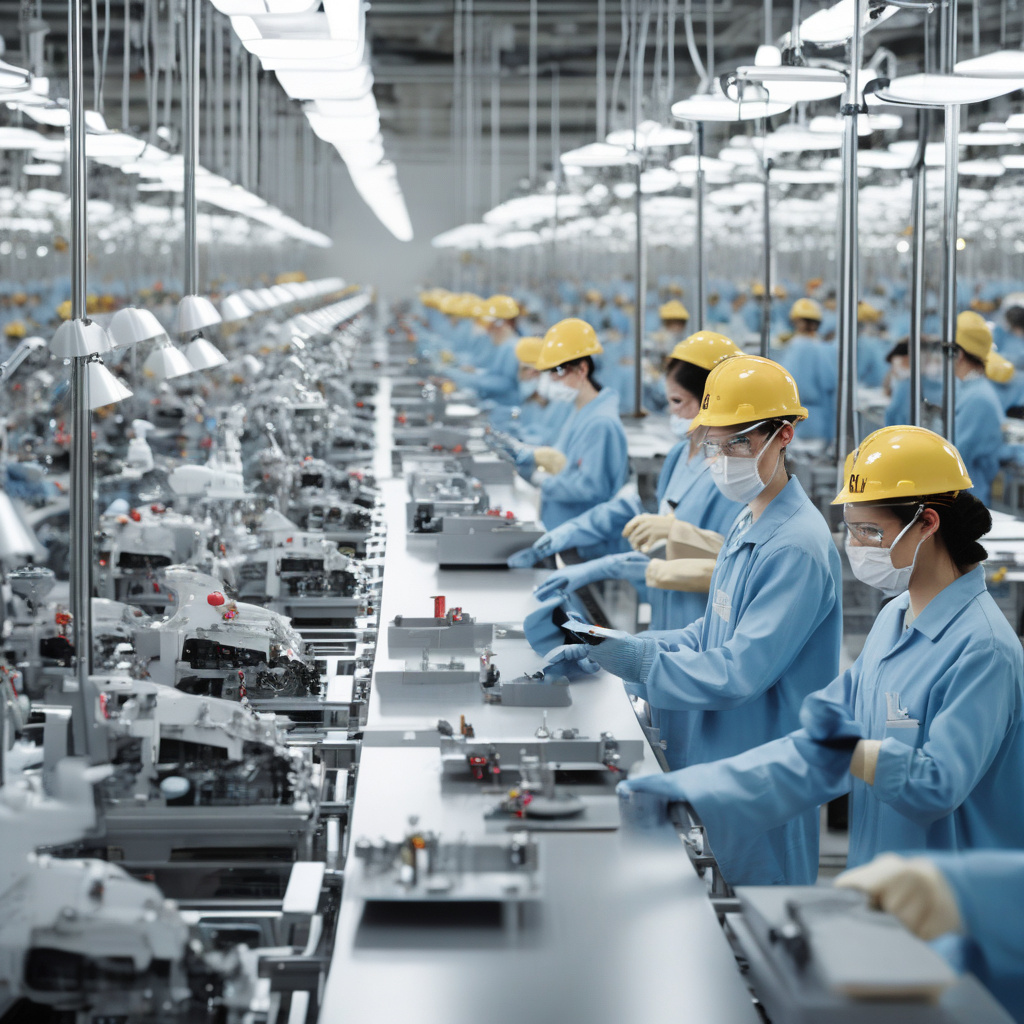Why iPhones Made in US Factories Might Not Matter Much
In recent news, there’s been talk about the possibility of Apple relocating its iPhone manufacturing from India to the United States. While this idea might sound appealing on the surface, a deeper look reveals that such a move may not yield significant immediate benefits.
Building from Scratch
Shifting iPhone production to the US isn’t as simple as flipping a switch. Establishing manufacturing facilities, acquiring equipment, training staff, and ensuring logistical infrastructure all require considerable time and resources. Even with the best-case scenario, it could take a decade or more to fully transition production to the US.
Global Ramifications
Moreover, moving operations from India could strain relationships with a growing market and upset Apple’s existing Chinese partners, potentially leading to reduced sales in these regions. The higher costs associated with US production, including labor expenses, could further impact Apple’s bottom line and, subsequently, tax contributions to the US economy.
Job Creation Concerns
While one might expect a surge in manufacturing jobs with US-based iPhone production, automation trends suggest otherwise. Highly automated factories would limit job opportunities, potentially contradicting the initial goal of job creation. Additionally, increased production costs could translate to higher product prices, impacting consumer demand.
Strategic Investments for the Future
Instead of focusing solely on relocating current production, a more strategic approach involves investing in cutting-edge manufacturing technologies and capabilities within the US. By supporting Apple’s efforts to innovate and develop next-generation products domestically, the US can secure a stronger position in the global tech landscape.
Long-Term Vision
As Apple continues its substantial investment in US-based initiatives, it becomes evident that the future lies in innovation and evolution. By fostering an ecosystem conducive to technological advancement, the US can position itself for sustained success in the tech industry, aligning with the notion of anticipating future trends rather than dwelling on present circumstances.
In conclusion, while the idea of iPhones being made in US factories may spark interest, the practical implications suggest that the focus should be on strategic investments, innovation, and long-term sustainability rather than immediate relocation efforts. By supporting forward-thinking initiatives, such as Apple’s commitment to future technologies, the US can pave the way for continued technological leadership on a global scale.
—
Follow me on social media for more tech insights and updates! Join me on BlueSky, LinkedIn, and Mastodon.

